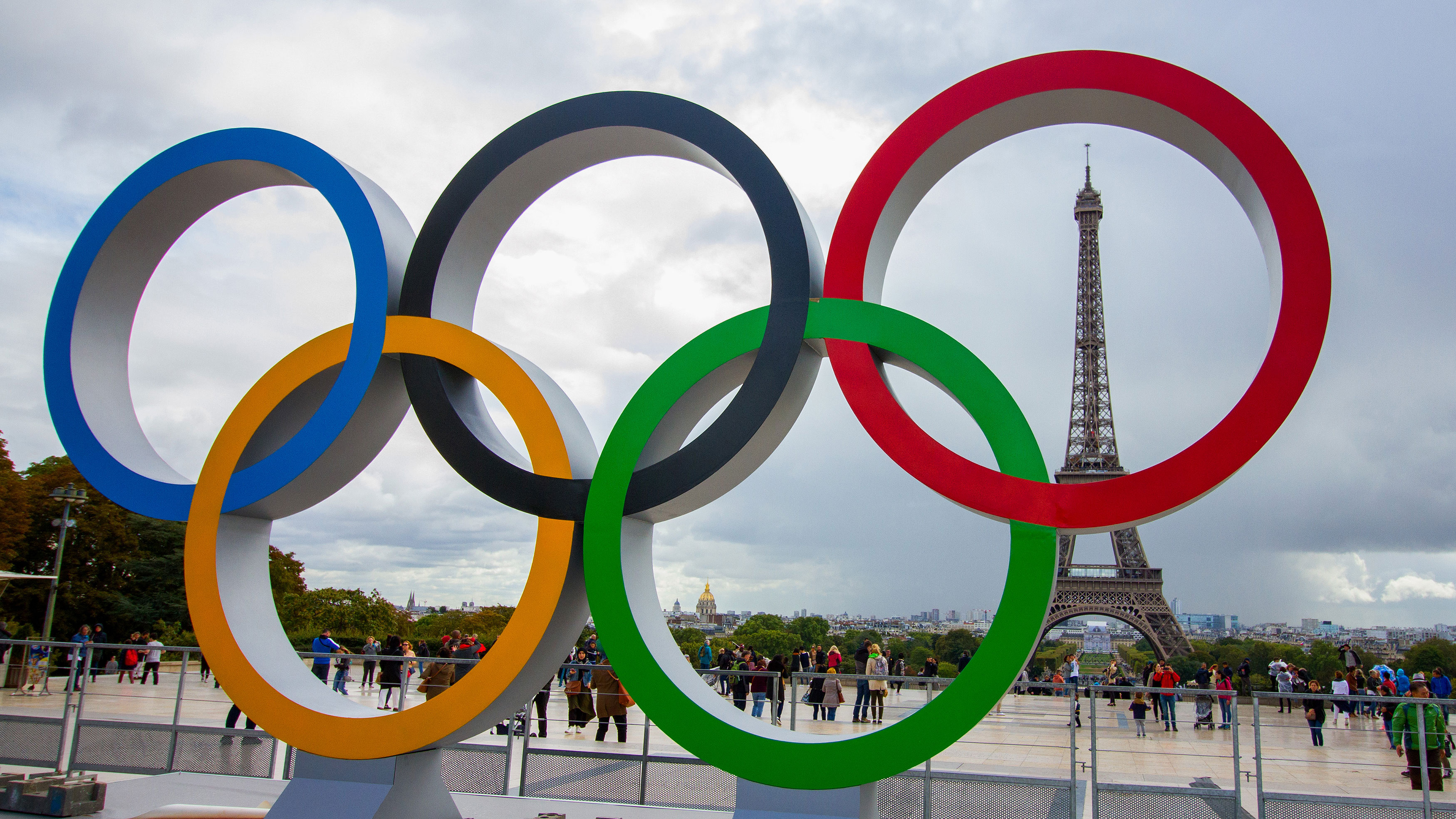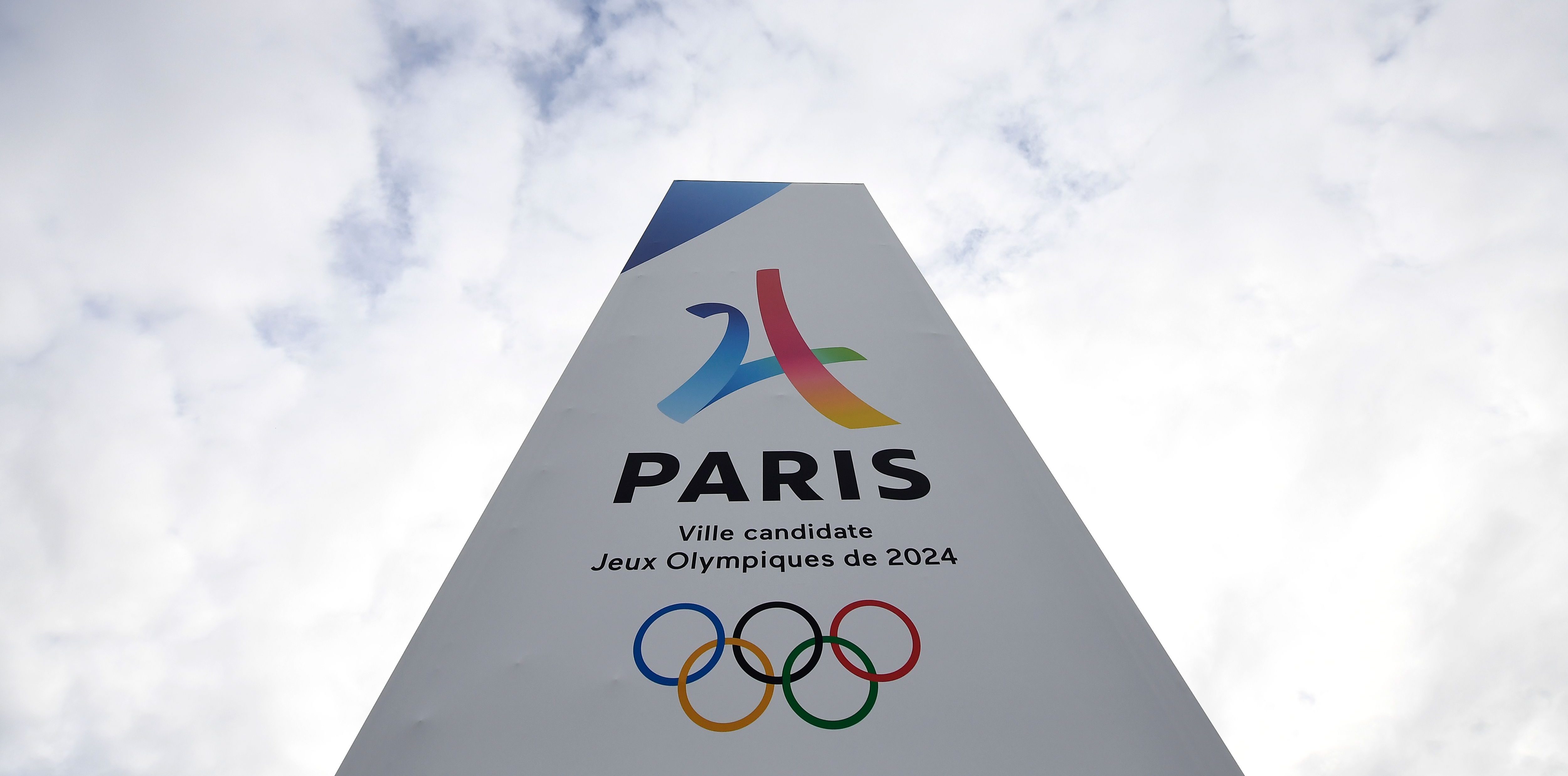Track and field is set to become the first sport to introduce prize money at the Olympics, with World Athletics saying Wednesday it would pay $50,000 to gold medalists in Paris.
The move is a symbolic break with the amateur past of the Olympics in one of the games' most-watched events.
The governing body of athletics said it was setting aside $2.4 million to pay the gold medalists across the 48 events on the track and field program for this year's Paris Olympics. Relay teams will split the $50,000 between their members. Payments for silver and bronze medalists are planned to start from the 2028 Olympics in Los Angeles.
World Athletics President Sebastian Coe told reporters that the move is meant "to recognize that the revenue share that we receive is in large part because our athletes are the stars of the show.”
We've got the news you need to know to start your day. Sign up for the First & 4Most morning newsletter — delivered to your inbox daily. Sign up here.
The prize money will come out of the share of Olympic revenue that that the IOC distributes to World Athletics.
However, the move could upset the balance of power in the Olympic movement ahead of the Paris Games. Coe said World Athletics only gave the International Olympic Committee “a heads-up” of its intentions on Wednesday morning, shortly before it published its announcement. The IOC did not immediately respond to a request for comment on the World Athletics plan.
The modern Olympics originated as an amateur sports event and the IOC does not award prize money. However, many medalists receive payments from their countries’ governments, national sports bodies or from sponsors.
“I’m probably the last generation to have been on the 75-pence (95-cent) meal voucher and second-class rail fare, competing for my own country. So believe me, I do understand the nature of the transition we’ve been in,” Coe said.
The British runner won gold in the 1,500 meters at the 1980 and 1984 Games in an era when Olympic track was on the verge of opening up to professional athletes.
“It’s a completely different planet from when I was competing, so it's very important that this sport recognizes the change in that landscape and the added pressures on many competitors.”
The United States Olympic and Paralympic Committee awarded $37,500 to gold medalists at the last Summer Games in Tokyo in 2021. Singapore's National Olympic Council promises $1 million for Olympic gold, a feat only achieved once so far by a Singaporean competitor.
In sports like tennis and golf, the Olympic tournament is the only time in a season that many pro players compete for free, with medals on offer but no prize money. But Coe didn't want to speculate on whether other events could follow track and field’s lead.
“I’ve always made it a point not to speak on behalf of other sports,” Coe said.
The move by World Athletics could be seen as an indicator of Coe’s intentions for the Olympics as a whole if he makes a run for the IOC presidency.
“I haven’t ruled it in, and I certainly haven’t ruled it out,” Coe said last year when asked whether he would consider running for the IOC’s top post when Thomas Bach’s term ends in 2025. The IOC typically disapproves of any public campaigning for the presidency.
Olympic gold medalists will still earn less prize money than they would at World Athletics' own world championships. Last year's edition in Budapest paid out prize money down to eighth place with $70,000 on offer for individual gold medalists.
Athletes will have to pass “the usual anti-doping procedures” at the Olympics before they receive the new prize money, World Athletics added.





